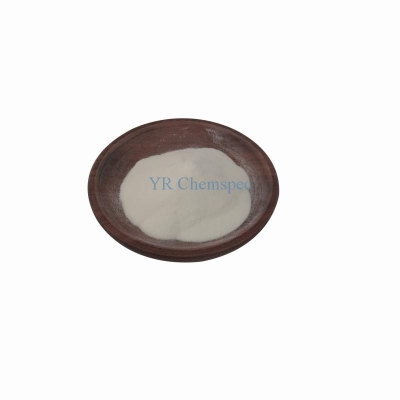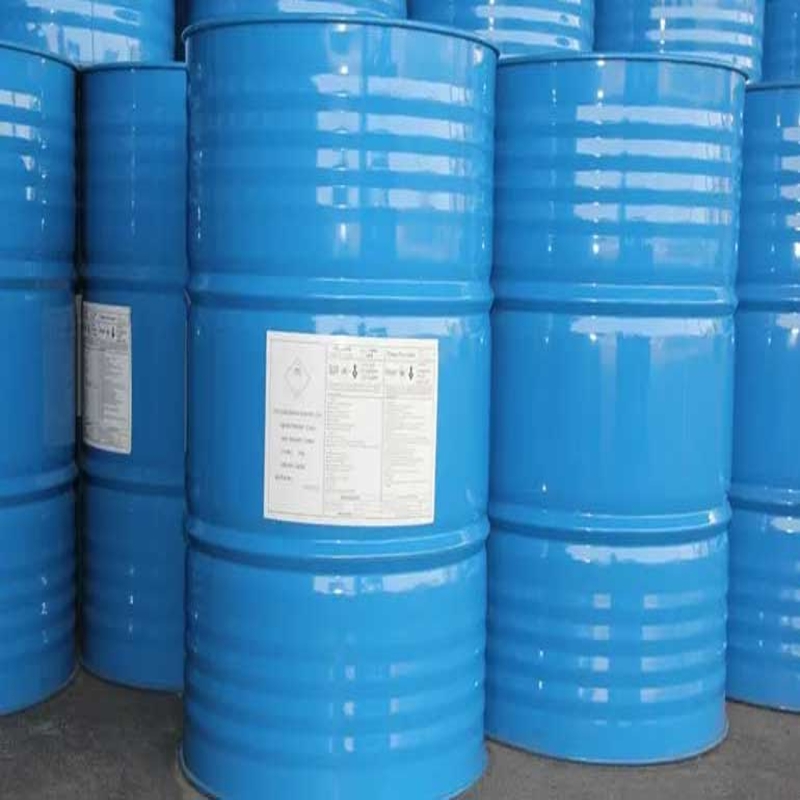-
Categories
-
Pharmaceutical Intermediates
-
Active Pharmaceutical Ingredients
-
Food Additives
- Industrial Coatings
- Agrochemicals
- Dyes and Pigments
- Surfactant
- Flavors and Fragrances
- Chemical Reagents
- Catalyst and Auxiliary
- Natural Products
- Inorganic Chemistry
-
Organic Chemistry
-
Biochemical Engineering
- Analytical Chemistry
-
Cosmetic Ingredient
- Water Treatment Chemical
-
Pharmaceutical Intermediates
Promotion
ECHEMI Mall
Wholesale
Weekly Price
Exhibition
News
-
Trade Service
Recently, the team of Professor Li Fenyeol and Professor Li Pingtian of Asia University in Korea successfully developed a new polyadipic acid/butylene terephthalate (PBAT) material, which can be dissolved
at 25 °C.
The scientific research team used phosphate metal salts as a catalyst to develop a new biodegradable polymer PBAT, which degrades degradable plastics in soil at about 9 times
the rate of existing degradable plastics.
Researchers said that most of the current PBAT polymer structure is formed by covalent bond links, which can only be biodegraded under the condition of artificial composting above 60 °C, and the larger the molecular weight of the polymer, the slower
the decomposition rate.
The new PBAT polymer solves the above problems
by adding a certain amount of phosphate metal salts in the production process to make its structure into the bonding form of ionic bonds, while retaining durability.
After testing, at room temperature (25°C), the new degradable plastic degrades in soil at about 9 times
faster than existing degradable plastics.
The research results were published online
in the international scientific journal Journal of the American Chemical Society.







